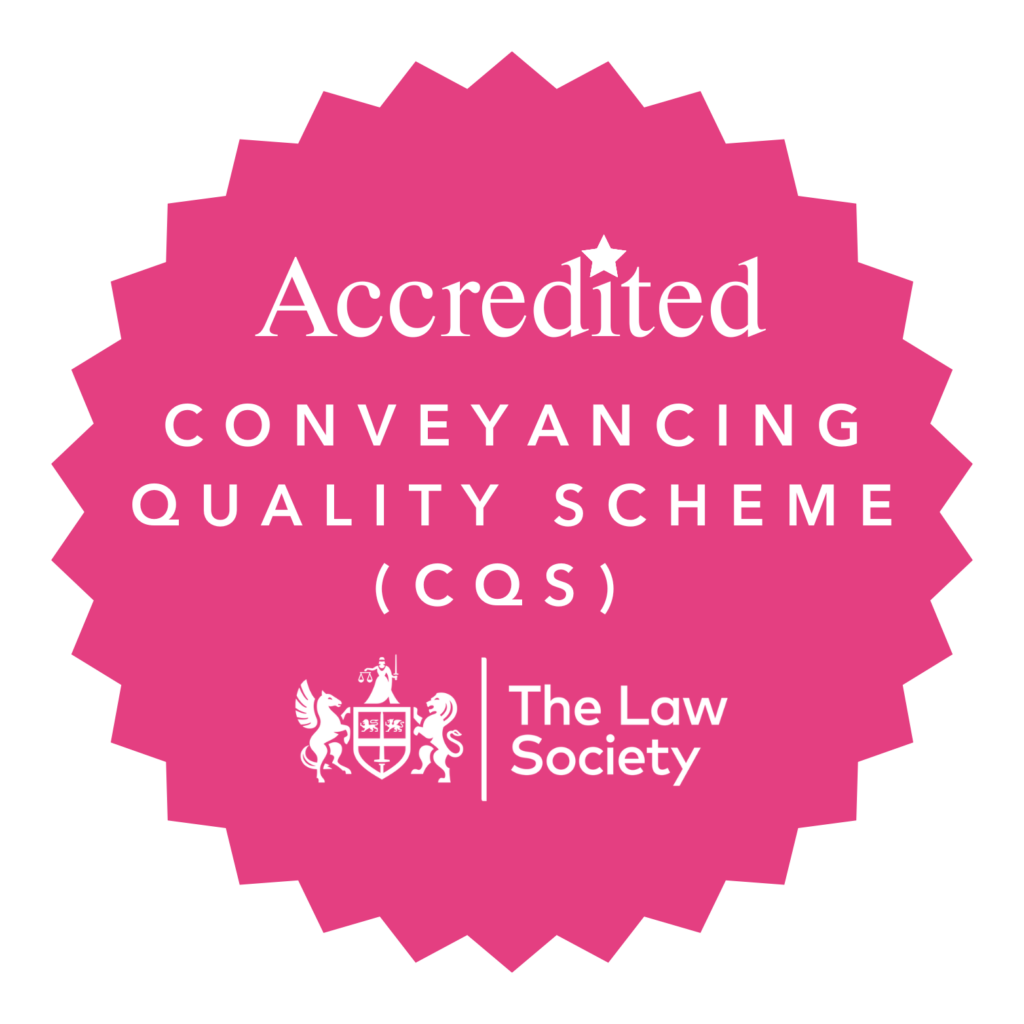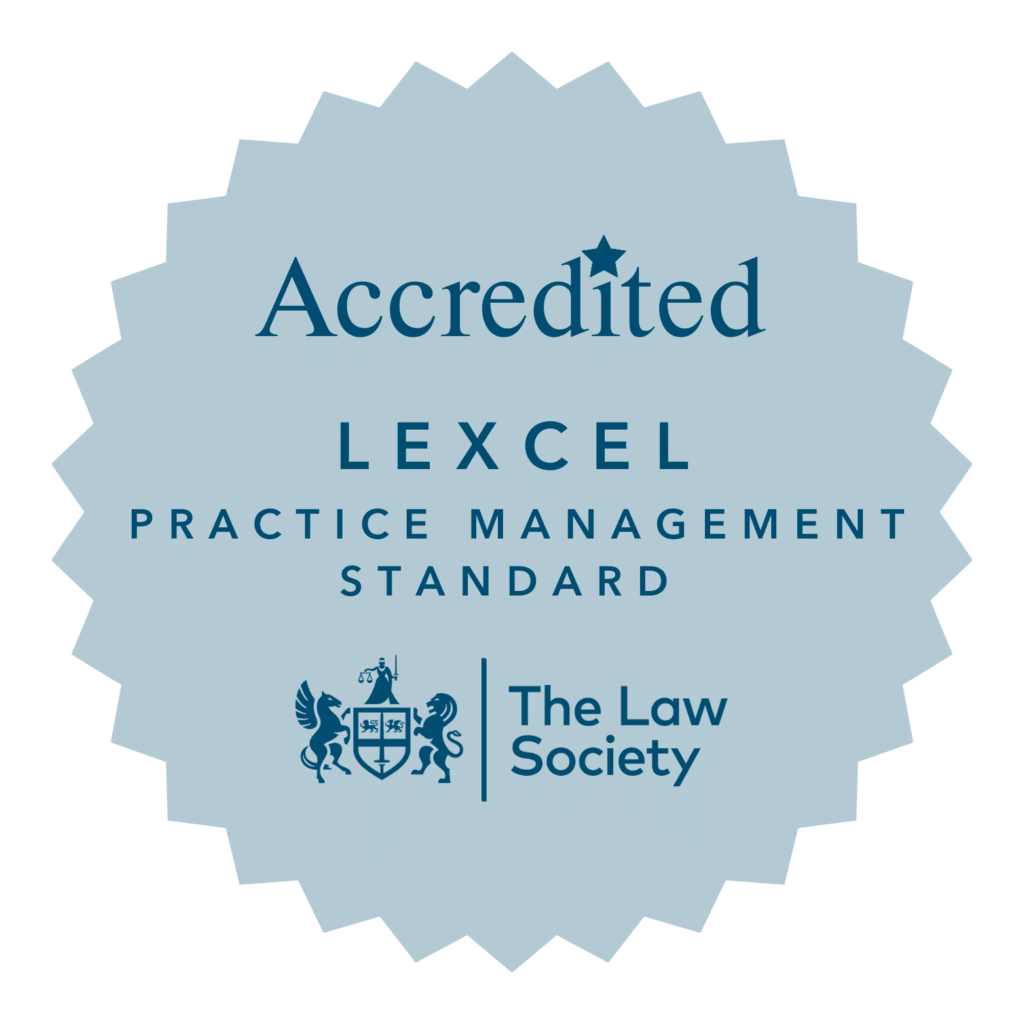Legal Help with Business Purchases: License to Assign Explained by Lumine Solicitors in London
When you’re purchasing a business, one of the most critical legal considerations is whether the business’s lease can be transferred to you. This is where a licence to assign in business purchases comes into play. In many business purchases, the property lease is an integral part of the transaction, as it provides the legal rights to occupy and use the premises. However, transferring the lease isn’t as simple as just passing on the keys; you need a licence to assign from the landlord. In this blog, we’ll break down what a licence to assign is, why it’s necessary, and how Lumine solicitors can help guide you through this essential part of the business purchase process.
What is a Licence to Assign?
A licence to assign is a legal document that grants the tenant (the seller) the right to transfer their lease to a third party (the buyer). This document must be obtained from the landlord before the lease can be officially transferred, making it an essential part of the purchase process. In many cases, business owners purchasing an existing business rely on this licence to step into the shoes of the seller and take over the lease obligations.
For businesses, the lease is typically one of the most valuable assets of the transaction, and without the necessary licence to assign, the buyer cannot legally assume control of the premises. This could cause significant delays or even jeopardise the business purchase entirely.
Why is a Licence to Assign Important in Business Purchases?
- Ensures Legal Transfer of the Lease
The most significant reason why a licence to assign is necessary in a business purchase is that it ensures the lease is legally transferred from the seller to the buyer. Without this approval, the buyer cannot lawfully occupy or operate the business from the premises, even if the business itself is purchased. The licence to assign is crucial to finalising the purchase and securing the premises as part of the transaction.
- Protects the Buyer’s Interests
For a buyer, obtaining a licence to assign offers legal protection. It guarantees that the new tenant will be able to continue the business operations at the same location without the risk of eviction or lease disputes. It also provides the buyer with the certainty that the lease terms, such as rent payments, responsibilities, and duration, will remain unchanged unless renegotiated.
- Assures the Landlord’s Approval
The licence to assign is also a way for the landlord to approve the new tenant. Landlords are usually very selective about who occupies their property. They want to ensure that the new tenant will be able to meet the financial obligations of the lease and maintain the premises. The licence process allows landlords to review the buyer’s background, business plans, and financial stability before approving the transfer.
- Avoids Potential Lease Breaches
Without a licence to assign, the buyer would be taking over the lease without the landlord’s consent, which could be considered a breach of the lease agreement. This can lead to severe consequences, including the landlord terminating the lease or imposing penalties. By securing the licence to assign, both the seller and the buyer avoid breaching the lease terms, keeping the transaction on track and legally sound.
How Do Lumine Solicitors Assist with Licences to Assign in Business Purchases?
Given the complexity of the licence to assign process and its importance in business transactions, working with a qualified commercial conveyancing solicitor in London can help ensure that everything goes smoothly. Here’s how solicitors can assist you:
- Reviewing the Lease Agreement
One of the first steps in obtaining a licence to assign is reviewing the existing lease agreement to understand its terms and conditions. A solicitor can examine the lease to determine whether assignment is permitted and if there are any restrictions or requirements that must be met. They’ll ensure that the seller complies with all lease obligations before proceeding with the transfer.
- Communicating with the Landlord
Once the solicitor has reviewed the lease and confirmed that assignment is possible, they will communicate with the landlord or the landlord’s agent to request the licence to assign. This process may involve negotiating terms and providing the landlord with the necessary documents, such as the buyer’s financial records and business references.
- Drafting the Necessary Documentation
In many cases, solicitors will need to draft the necessary legal documents to effect the transfer of the lease. This may include formal requests, letters, and other documentation that outlines the terms of the licence to assign. Solicitors will ensure these documents are clear, accurate, and comply with all legal requirements.
- Negotiating Terms with the Landlord
In some cases, the landlord may impose certain conditions or renegotiate terms as part of the licence to assign process. For example, they might want to increase the rent, extend the lease term, or impose additional responsibilities on the buyer. A solicitor can help negotiate these terms on your behalf and ensure they are fair and reasonable, protecting your interests as a buyer.
- Ensuring Compliance with Legal and Regulatory Requirements
Conveyancing solicitors in London can help ensure that the entire process is compliant with local regulations and laws. This includes making sure that all necessary paperwork is completed accurately and filed with the appropriate authorities. They can also advise on any legal implications that may arise during the assignment process.
Potential Challenges in the Licence to Assign Process
While the licence to assign process is typically straightforward, there are a few challenges that may arise:
- Refusal from the Landlord: The landlord has the right to reject the request for a licence to assign, particularly if they believe the new tenant isn’t financially stable or if there are concerns about the buyer’s business operations.
- Renegotiation of Lease Terms: Sometimes, landlords will use the assignment process as an opportunity to renegotiate the lease terms. This could include increasing rent or changing other key terms of the lease.
- Delay in Approval: Depending on the landlord’s process, obtaining a licence to assign can sometimes take longer than expected. It’s essential to factor in this time when planning the business purchase.
Conclusion
The licence to assign is a vital part of any business purchase in London, ensuring the legal transfer of the lease from the seller to the buyer. Without this document, the business purchase cannot be completed as planned, and the buyer would not be able to operate from the same premises. By working with commercial conveyancing solicitors in London, you can navigate this complex process with confidence. Solicitors will review the lease, communicate with the landlord, handle the legal paperwork, and negotiate terms, ensuring that the business purchase goes smoothly and legally.
If you’re in the process of purchasing a business, don’t leave the licence to assign process to chance—contact an expert solicitor today to ensure a seamless transaction.





